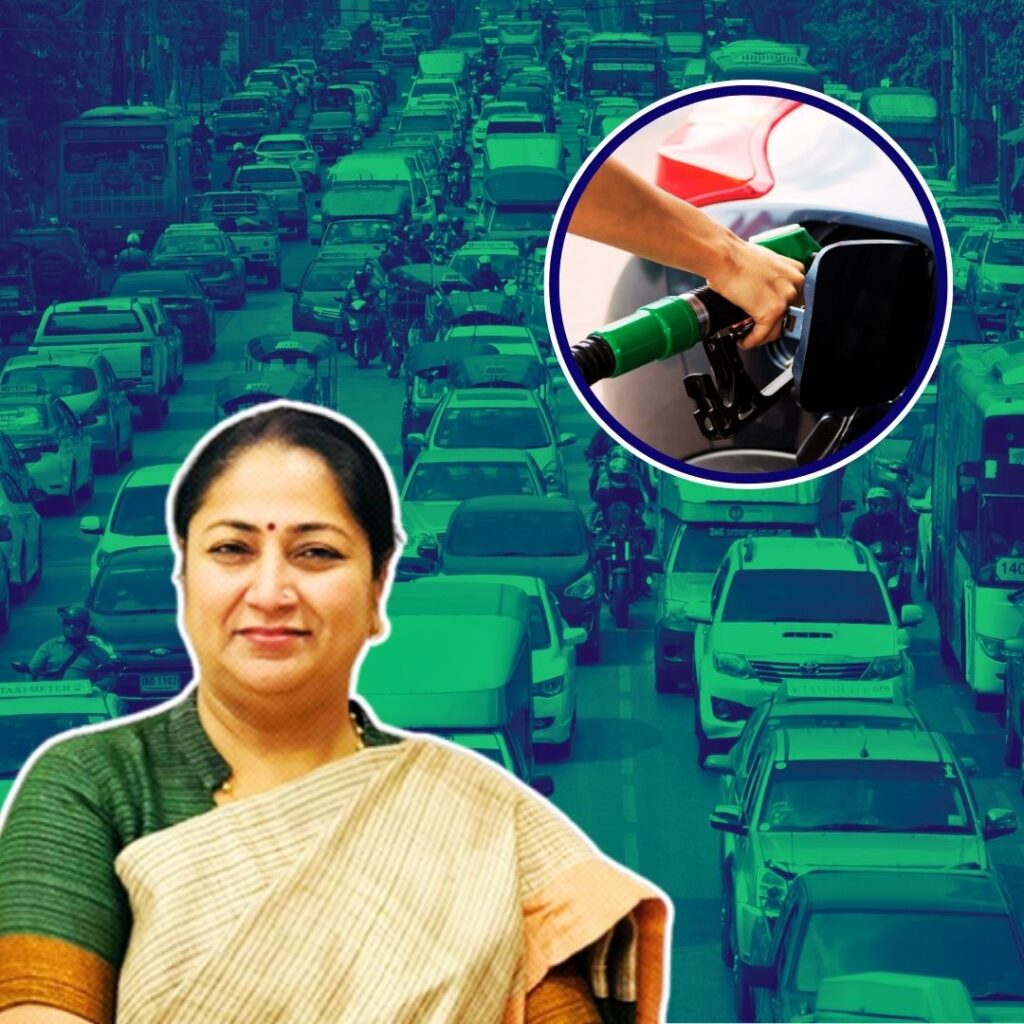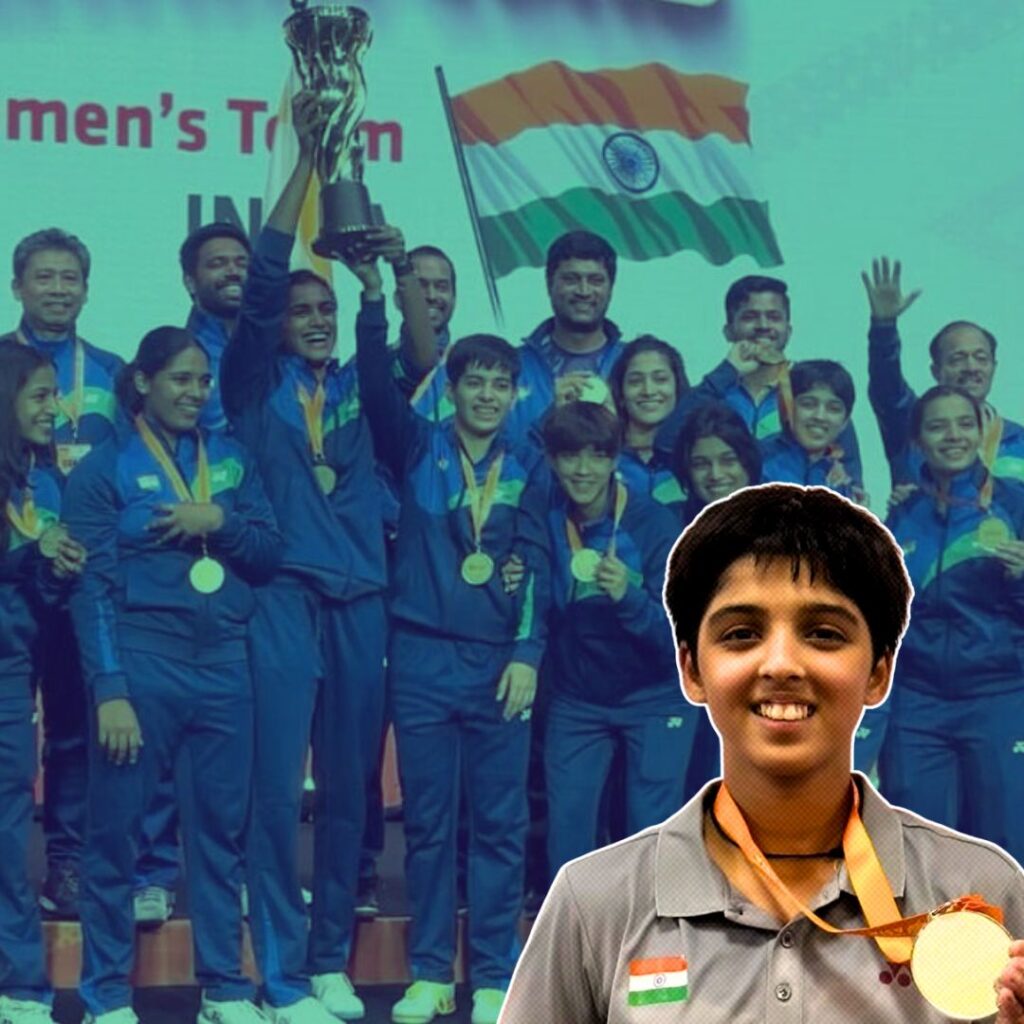When one thinks about Afghanistan one thinks about conflict or the mountainous terrain. What rarely strikes us is the drug problem that the country is grappling with. Afghanistan has one of the highest rates of drug use in the world, with an around 11% of the country’s population addicted to drugs. Given how opium and heroin are top exports for the country, the government in Kabul is finding it increasingly difficult to combat the drug epidemic. This has been made even more laborious with Afghanistan’s decades-long fight against the Taliban and other extremists.
The problem is linked with security, the Taliban, and widespread poverty. Many farmers complain that they have to plant poppy or they cannot make enough money to feed their families.
According to the United Nations, nearly 90% of the crop grows in 9 of the country’s most insecure provinces. The Taliban are known to encourage farmers to grow the crop – they even sometimes provide funding to poor farmers who do not have money to plant it. In return, the militant group makes hundreds of millions, from the almost billion-dollar harvest.
Abdur Raheem Rejaey was a drug addict for 17 years. He lived under bridges or building ruins in Kabul. In his misery, he tried to commit suicide several times, once intentionally overdosing and lying unconscious in a street for two days, undiscovered.
Today, Mr Rejaey has been clean for six years. The 54-year-old volunteers for the Bridge Hope Health Organisation, a group made of former addicts like himself who provide care and counselling to drug users. As an activist, his successes have made him and his organisation internationally renowned. He has been interviewed by many global media outlets and has received many awards for his work like the Carol and Travis Jenkins Award, which is given to current or former drug user who has made an outstanding contribution to reducing drug-related harm.
The Logical Indian recently interviewed the activist from Afghanistan.
Bridge Hope Health Organisation has a very small budget. Its volunteers take public buses in their neighbourhood tours to cut costs. The 10 volunteers at Bridge, tour Kabul districts where addicts are most plentiful and provide basic help to 15 to 30 of them every day. They provide counselling and referrals to drop-in centres where they can get screened for HIV.
The ranks of Afghanistan’s addicts include more than 1 million women and more than 100,000 children. It is a big disaster, there are believed to be at least 40,000 intravenous drug users in Afghanistan, making them vulnerable to HIV and other infections. Around 7,000 people in the country live with HIV in Afghanistan, most of them are drug users.
“The two major drugs abused in Afghanistan,” Mr Rejaey says, “are hashish and opium. Opium is either smoked or eaten. Hashish is only smoked. Solitary abuse of one single drug, either hashish or opium, is the common feature of drug abuse in Afghanistan. Methamphetamine or shisha is another drug newly introduce in Afghanistan.”
We asked Mr Rejaey why, despite government efforts to combat drug use, the number of addicts has actually increased in recent years.
“Self-treatment,” Mr Rejaey told The Logical Indian, “is a major cause of drug abuse in Afghanistan while escape from boredom and lack of work and motivation is another. Hashish, as well as opium, are commonly abused by people from socioeconomically poor backgrounds. Alcohol, a more recent introduction by the upper class, is becoming popular among city dwellers with major risks involved for the future.”
Opium has been cultivated in Afghanistan for several centuries, although production has steadily increased since 1979. Currently, Afghanistan produces 3/4th of the global opium supply.
Mr Rejaey overcame drug addiction himself, which is why he finds it easy to empathise with the problems faced by addicts. When we asked him about his journey, he said,
“My health was really bad when I was an addict, I was hoping to die. When I became healthy and gave up the drugs, I decided to devote my life to serving these people, because I knew there is no one who will care for them. It is also important to never give in to addiction. Unfortunately, in Afghanistan, government arrests the drug users in spite of the drug Mafia. I think if corruption is decreased from government entities and people get together with the police and fight against drug Mafia, they can find the job placement for the drug users and make them productive members of the society.”
Mr Rejaey thinks that the government’s initiatives to decrease drug usage will be unsuccessful until the Taliban is defeated. He is also unsure about whether this can be achieved successfully in the near future.
Mr Rejaey is a lively man. “All Afghans consider India as our best friend. We love Indians,” he said.
We asked him about his plans for the future. “My future plan and wish,” Mr Rejaey replied, “is for all the drug users in the w…











